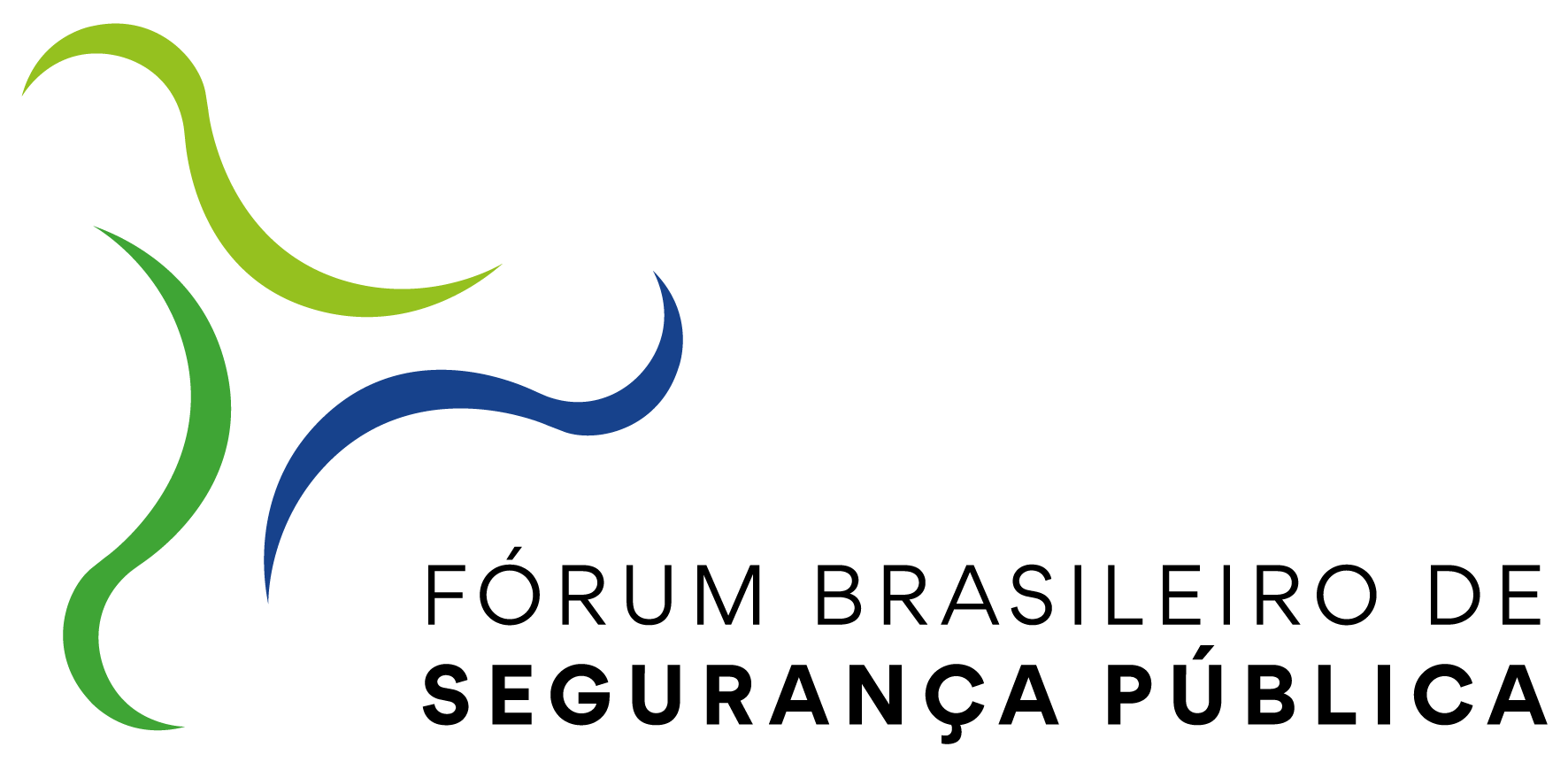Studying the discourses and the technical- military and technical- police models of cooperation among Portugal, Brazil and Angola
DOI:
https://doi.org/10.31060/rbsp.2019.v13.n2.929Keywords:
Discourses, Cooperation models, Military sector, Police sectorAbstract
This paper aims to show the outcomes of a qualitative research about technical- military and technical- police cooperation among Portugal, Brazil and Angola. The main objective of the research was studying the cooperation through application of bibliographic and documental analyzes. The research had a specific objective of identifying, describing and analyzing the discourses edited by actors of diplomatic, strategical planning and technical operational sectors. After that, the research searched to identify strengths, weakness, opportunities and threats presented by the cooperation. The outcomes highlighted that the actors believe that the mentioned cooperation can be strengthened especially on training and defense´s economy areas despite divergences of points of view verified. They have mentioned also that sharing Portuguese as common language can be an advantage in strengthening the cooperation. They have identified political, financial and scientific asymmetries among the countries as the main threat. For them, engagement in humanitarian missions conducted by United Nations is a good opportunity to the countries and the predominance of individual objectives to contrary to collective ones can be a threat to strengthen cooperation.
Downloads
References
ANDREI, Daniela; RATIU, Lucia; OTOIU, Catalina; CHIRICA, Sofia. Professional Performance within a Romanian Police Force in the Context of Change.Procedia – social and Behavioral sciences, n. 33, p. 657-661, 2012.
ANGOLA. Assembleia Nacional. Lei nº 2/93. diário da república, I, n. 12, 26 mar. 1993.
BOLTANSKI, Luc; CHIAPELLO, Eve. O novo Espírito do capitalismo. São Paulo: WMF Martins Fontes, 2009.
BOLTANSKI, Luc; THÉVENOT, Laurent. de la Justification. les économies de la grandeur.France: Gallimard, 1991.
BRASIL. Constituição da república federativa do Brasil. Brasília, DF: Presidência da República, 1988.
BRASIL. Política Nacional de defesa. Brasília, DF: Ministério de Estado da Defesa, 2012.
COSTA, Ivone F. Polícia e sociedade no Brasil: O Caso de Salvador. Dissertação (Doutorado em Sociologia Econômica e das Organizações) – Instituto Superior de Economia e Gestão da Universidade Técnica de Lisboa, Lisboa, 2003.
CPLP. relatório em acta de reunião. secretariado executivo da Comunidade dos países de língua portuguesa. Lisboa: CPLP, maio 2011.
DGAI. Direcção Geral da Administração Interna.relatório em ata de reunião.. Lisboa, nov. 2011.
DGPN. Direcção Geral de Política Nacional.relatório em Ata de reunião. Lisboa, maio 2011.
DNT. Direcção Nacional de Trânsito da Angola. relatório em Ata de reunião. Lisboa, nov. 2011.
EMBAIXADA DE ANGOLA. Gabinete da Embaixada da Angola. relatório em Ata de reunião. Lisboa, abr. 2011.
EMBAIXADA DO BRASIL. Embaixada do Brasil junto à CPLP. relatório em Ata de reunião. Lisboa, nov. 2011a.
EMBAIXADA DO BRASIL. Gabinete da Embaixada do Brasil. relatório em Ata de reunião. Lisboa, março 2011b.
EWALT, Jo A.G. Theories of governance and new public Management: Links to Understanding Welfare Policy Implementation.Newark: Eastern KentuckyUniversity, 2001.
GIDDENS, Anthony. As consequências da modernidade. Oeiras: Celta, 2005.
GRAVELLE, James; ROGERS, Colin. Policing Public Protests and Corporate Social Responsibility. international Journal of law, Crime and Justice, v. 39, p. 111- 120, 2011.
GRI/DGPN. Gabinete de Relações Internacionais da Direcção Geral de Política Nacional.relatório em Ata de reunião.Lisboa, jun. 2011.
ISCPSI. Instituto Superior de Ciências Policiais e Segurança Interna. relatório em acta de reunião.Lisboa, nov. 2011.
LATOUR, Bruno. reagregando o social: Uma Introdução à Teoria do Ator-Rede.Trad. Gilson César Cardoso de Sousa. Salvador/Bauru: EDUFBA/EDUSC, 2012.
MASON, David; HILLENBRAND, Carola; MONEY, Kevin Money. Are informed citizens more Trusting? Transparency of performance data and trust towards a British Police Force. J Bus Ethics, n. 122, p. 321-341, 2014. DOI: https://doi.org/10.1007/s10551-013-1702-6.
MOREIRA, Adriano. Comunidade dos países de língua portuguesa. Lisboa: Almedina, 2001.PJ. Polícia Judiciária. relatório em ata de reunião. Lisboa, nov. 2011.
PORTUGAL. Ministério dos Negócios Estrangeiros. Divisão dos Assuntos da CPLP do Ministério dos Negócios Estrangeiros. relatório em ata de reunião. Lisboa, nov. 2011.
PORTUGAL. Constituição da república portuguesa. VII Revisão Constitucional. Lisboa, 2005.
PORTUGAL. Ministério dos Negócios Estrangeiros. Declaração Universal dos Direitos do Homem. diário da república, I Série A, n.º 57/78, 9 mar. 1978.
PORTUGAL. política de defesa nacional de portugal.
PORTUGAL. programa do XX governo Constitucional 2015- 2019.
QUIVY, Raymond; CAMPENHOUDT, Luc Van. Manual de investigação em Ciências sociais. 2 . Ed. Lisboa: Gradiva, 1998. (Col. Trajectos, 17).
RITSERT, Rolf; PEKAR, Mirjam; RICKARDS, Robert C. Impacts of Public Management Reforms: Findings from German Police Forces. international Journal of Business and public administration, v. 9, n. 1, 2012.
SPAD. Secretariado Permanente para os Assuntos da Defesa. relatório em ata de reunião. Lisboa, jun. 2011.
TERPSTRA, Jan. Two theories on the police – The Relevance of Max Weber and Emile Durkheim to the Study of the Police. international Journal of law, Crime and Justice, n. 39, p. 1-11, 2011.
TRIGILIA, Carlo. economic sociology. state, Market, and society in Modern Capitalism. United Kingdown: Blackwell Publishers, 2002.
VALENTE, Manuel M.G. Modelos Constitucionais de Polícia e Cooperação na Segurança Interna. Politeia, anos X-XI-XII, p. 7-18, 2015.
WERNER, Guilherme Cunha. Diplomacia Policial. politeia, anos X-XI-XII, p. 177-196, 2015.
Downloads
Published
How to Cite
Issue
Section
License
Copyright (c) 2019 Revista Brasileira de Segurança Pública

This work is licensed under a Creative Commons Attribution 4.0 International License.
Licensing
The Brazilian Journal of Public Security uses the Creative Commons License as a form of licensing for its published works. The license used follows the CC BY 4.0 - Attribution 4.0 International model.
To see the permitted rights please go to the full licence or to our Copyright and Licensing page.



